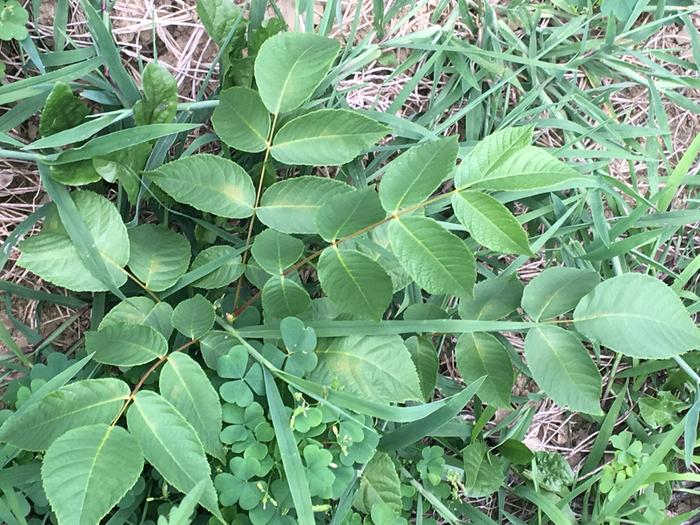posted 2 years ago
Popping my head in here quickly hoping for something light ...
Welcome to Permies!
I haven't grazed blueberries with geese, but I have African geese who do graze in my herb garden.
The odds are high you'd be trading headaches from having to dig out Johnson grass from between the bushes to having to deal with goose foolishness, but I prefer geese to weeding. They keep me company and applaud my efforts at the very least.
Geese are good for grazing grass, but they are much lighter on the grass than sheep, and do no damage to established plants, unless/until you get a Very Particular Goose - one of mine ate an entire pot of peppermint in two days. She even dumped the pot out to eat the roots! This is the only full scale murderous tendency I've spotted in my three, aside from their goose-ish opinions, distrust of large vehicles, and stubborn desire to walk in annual migrations.
I have never had nor heard of geese bothering established ground plantings, but they are fully capable of grubbing stubborn weeds out and leaving "armadillo" holes. They wouldn't eat the blueberry bushes. They might eat a blueberry.
They are great for grazing down grass areas where it's dangerous to run sheep or machinery.
To get the best result, controlled grazing would be advised. As long as you can trap them in an area, they'll graze it down until there's nothing they want to eat.
My geese have not eaten poison ivy. They've had ample opportunity and have decided, "Nah". There was one year they set up the Main Nest in a poison ivy tangle. They might be like clown fish for the poison ivy, choosing to live with it for some reason.
Whether they have an agreement with the poison ivy or not, they have shown no desire to eat tree leaves, vines of many sorts, grape vines, mulberry leaves, acorns, native grape, goldenrod, giant ragweed, native aster, fenugreek plants, and a host of other things I have tried to get them to munch. They do eat dock, spinach, cheese, raw egg, seed heads, sorghum, most if not all grass (we have an assortment including natives in our yard and they might have favorites, but it doesn't show), verbena. They ate all the leaves they could reach off my wild stands of verbena bonariensis and all the wild horsemint and spotted mints they could find.
Without knowing more about the babies they might trample, I would need to know an approximate species. Are we talking about baby humans? Because mine will either threaten or run away (advance to the rear with haste) from anything strange. Humans count as strange. My gander *still* tries to drive my husband away.
Baby plants? Well, the webbed nature of their feet makes them kinder to any vegetation that might get stomped. The only way I can tell where they like to bed down is from the profusion of down they leave behind. They're good to the ground and will taste things, but if it's not something they find edible, they aren't needlessly destructive. Very unlike chickens, to be honest.
In general, while I would love to recommend geese to everyone, because I love mine, I can't tell you that they would solve your weeding problems. They'd help mow the grass and would help with some of the weeding, but they might not be the answer. Not alone, for certain.
They lay in the spring. As of yet, there is no non-seasonal goose laying. The only way I know of to preserve goose eggs with any reliability is to turn them into egg noodles. They make great baked goods. Well, goose eggs are great in baked goods. Geese are great roasted. Geese don't know how to operate an oven, as of yet. There's always the possibility they might learn.
There is nothing so bad that politics cannot make it worse. - Thomas Sowell
Everything that is really great and inspiring is created by the individual who can labor in freedom. - Albert Einstein

 5
5




 9
9





 11
11




 4
4




 5
5




 2
2




 6
6




 6
6




 2
2




 3
3




 2
2




 2
2















 1
1







